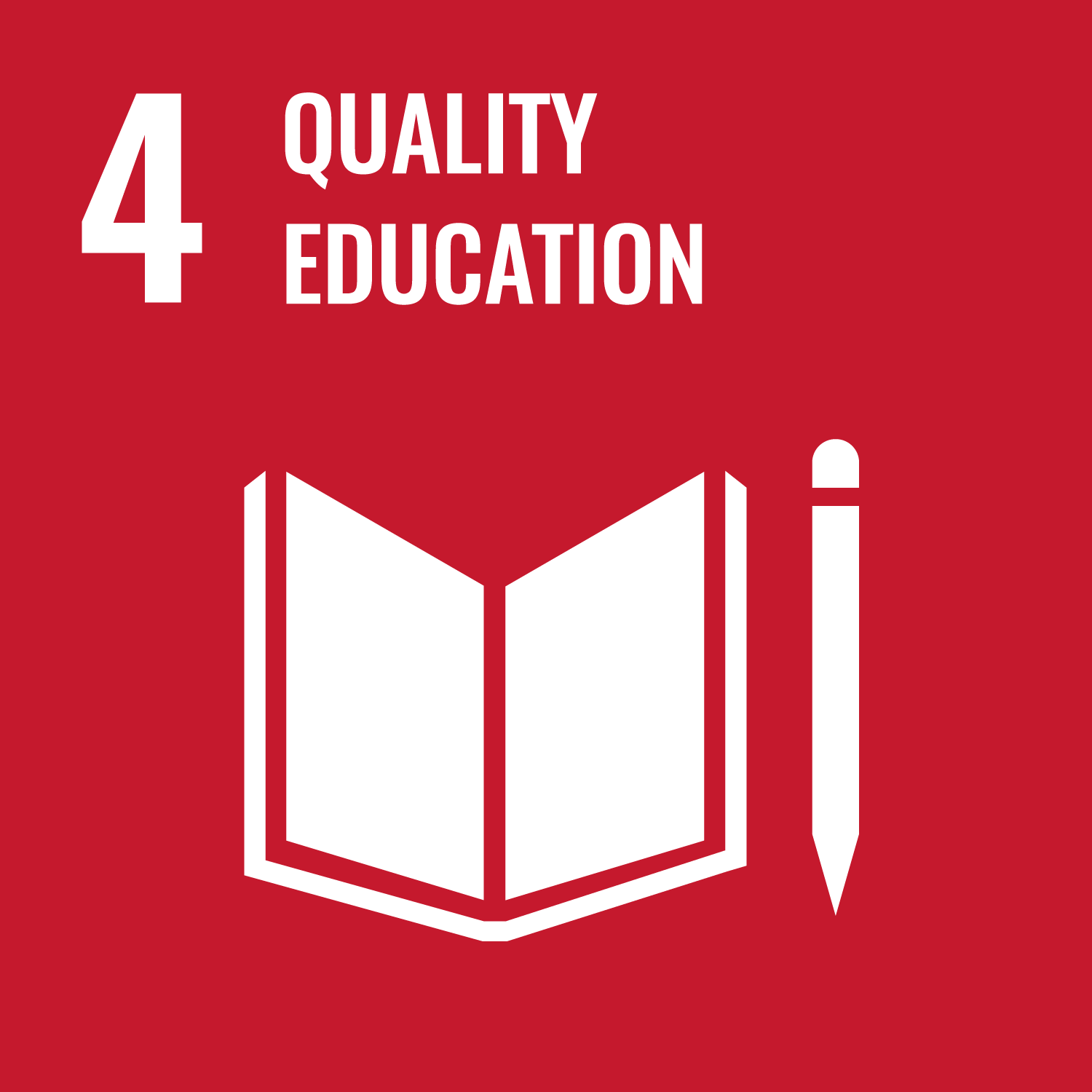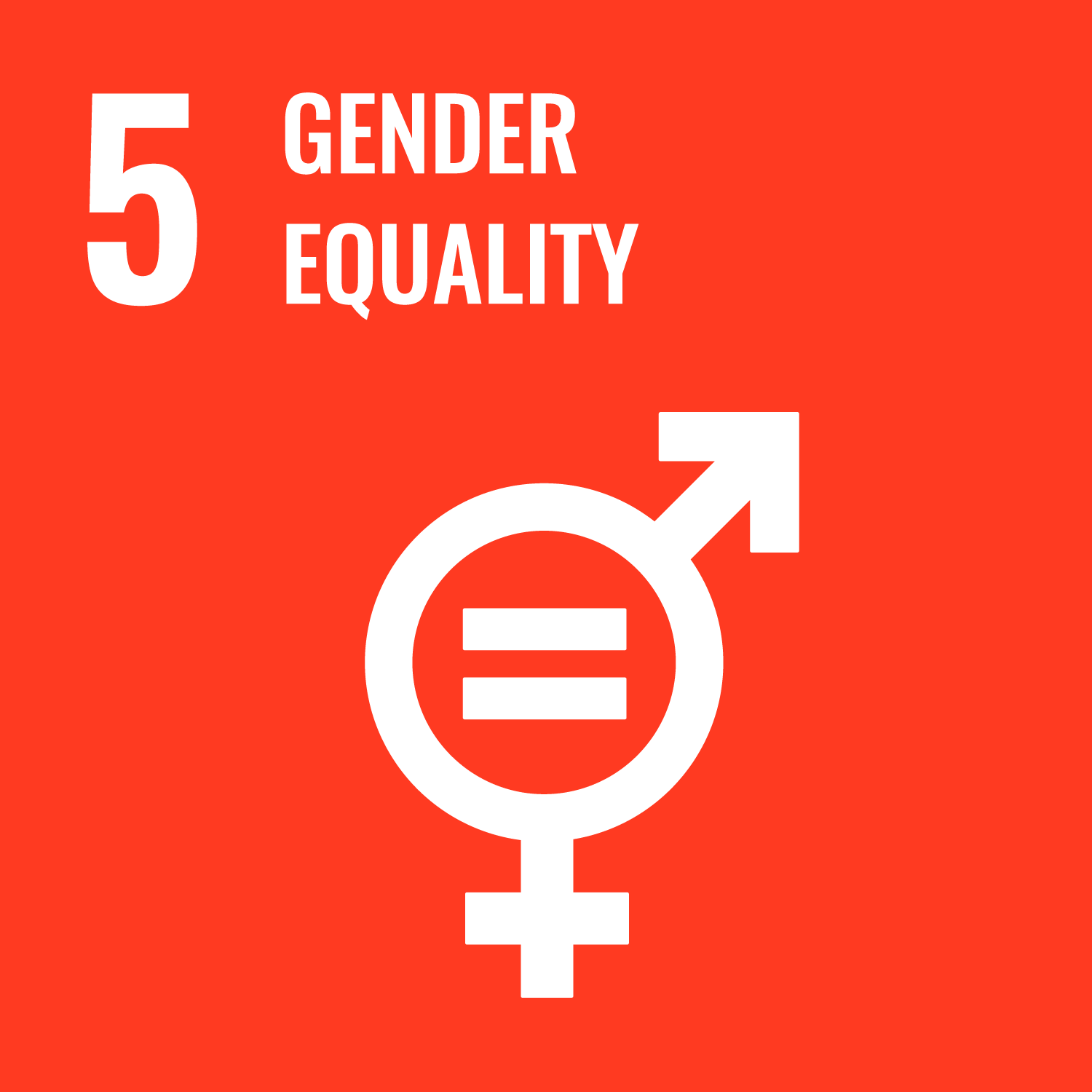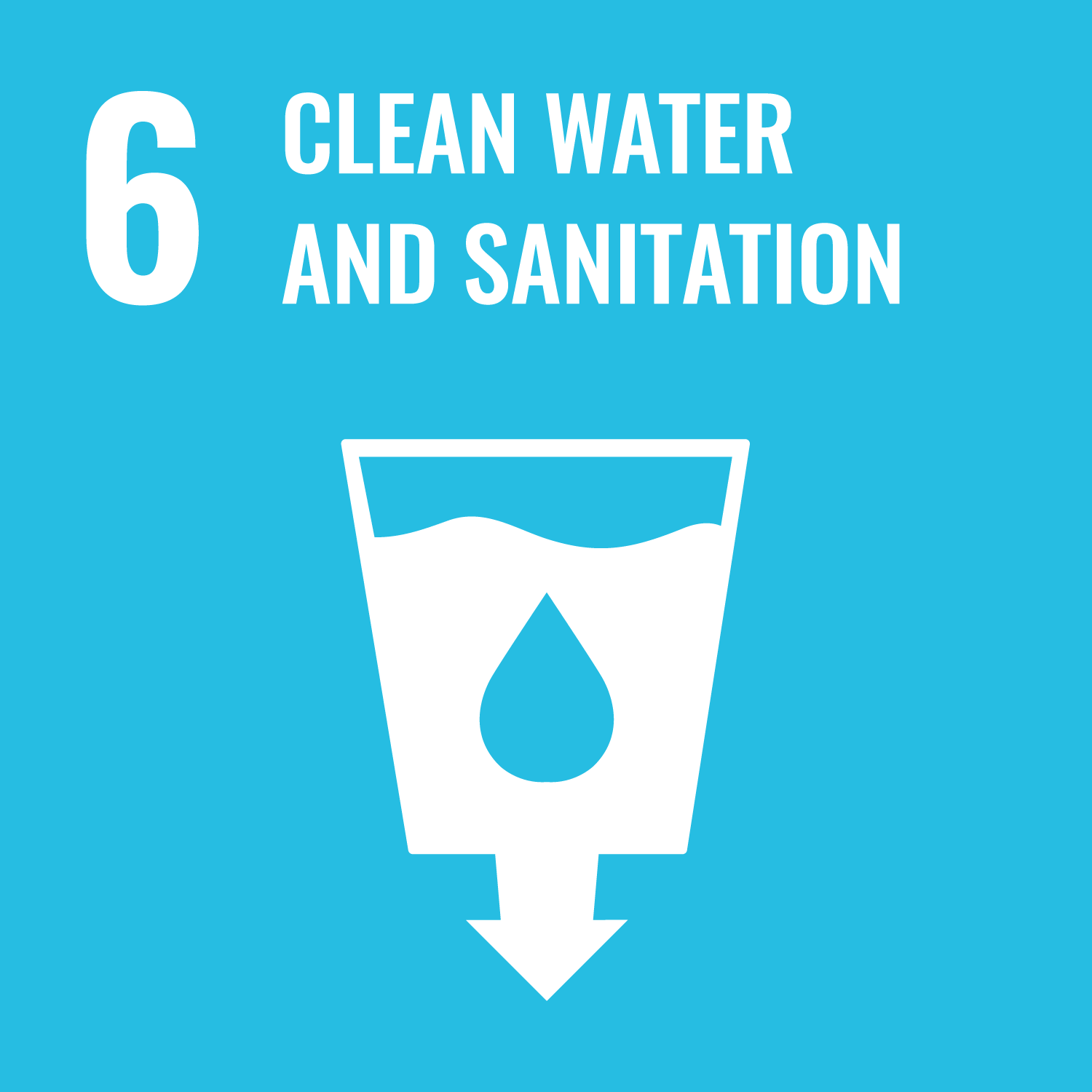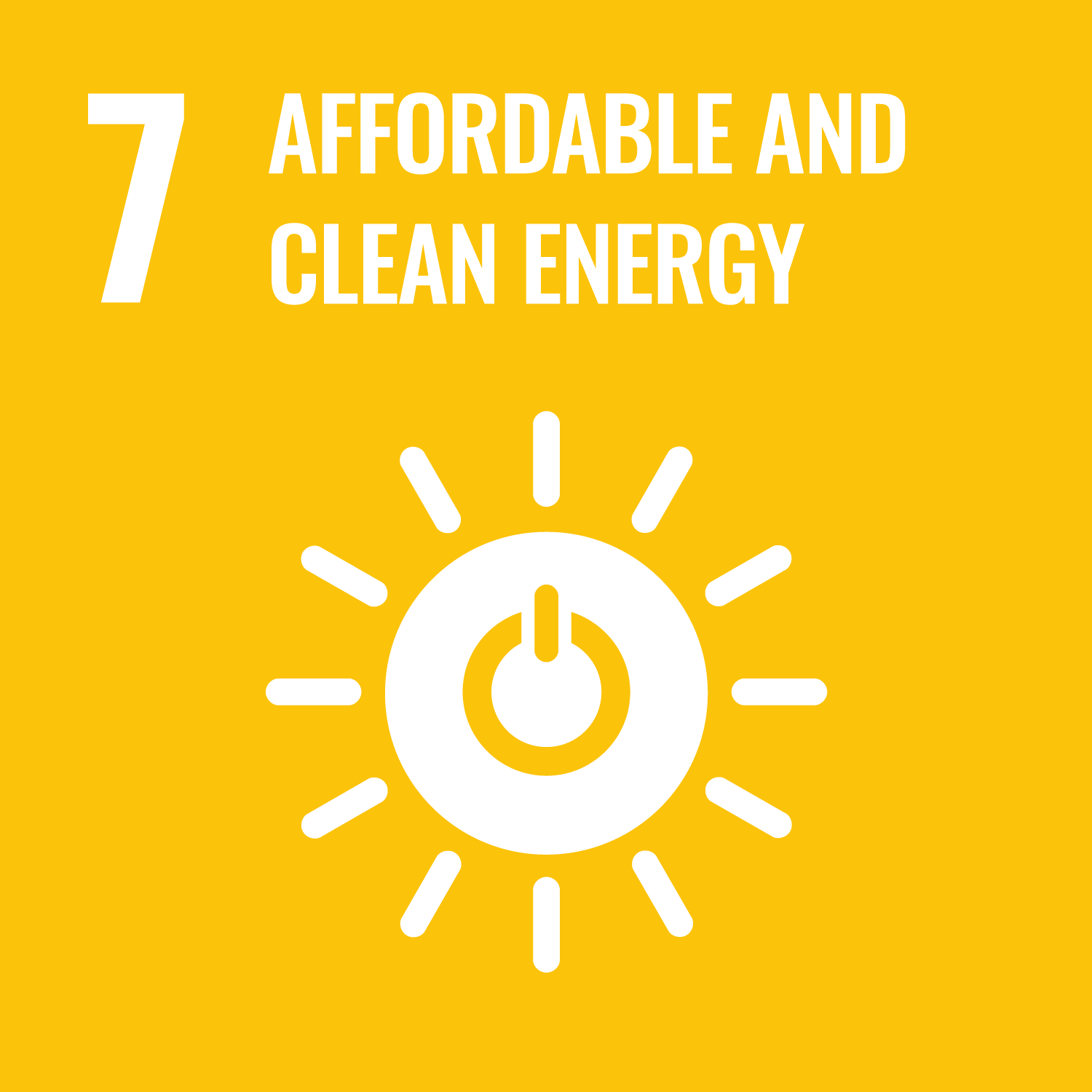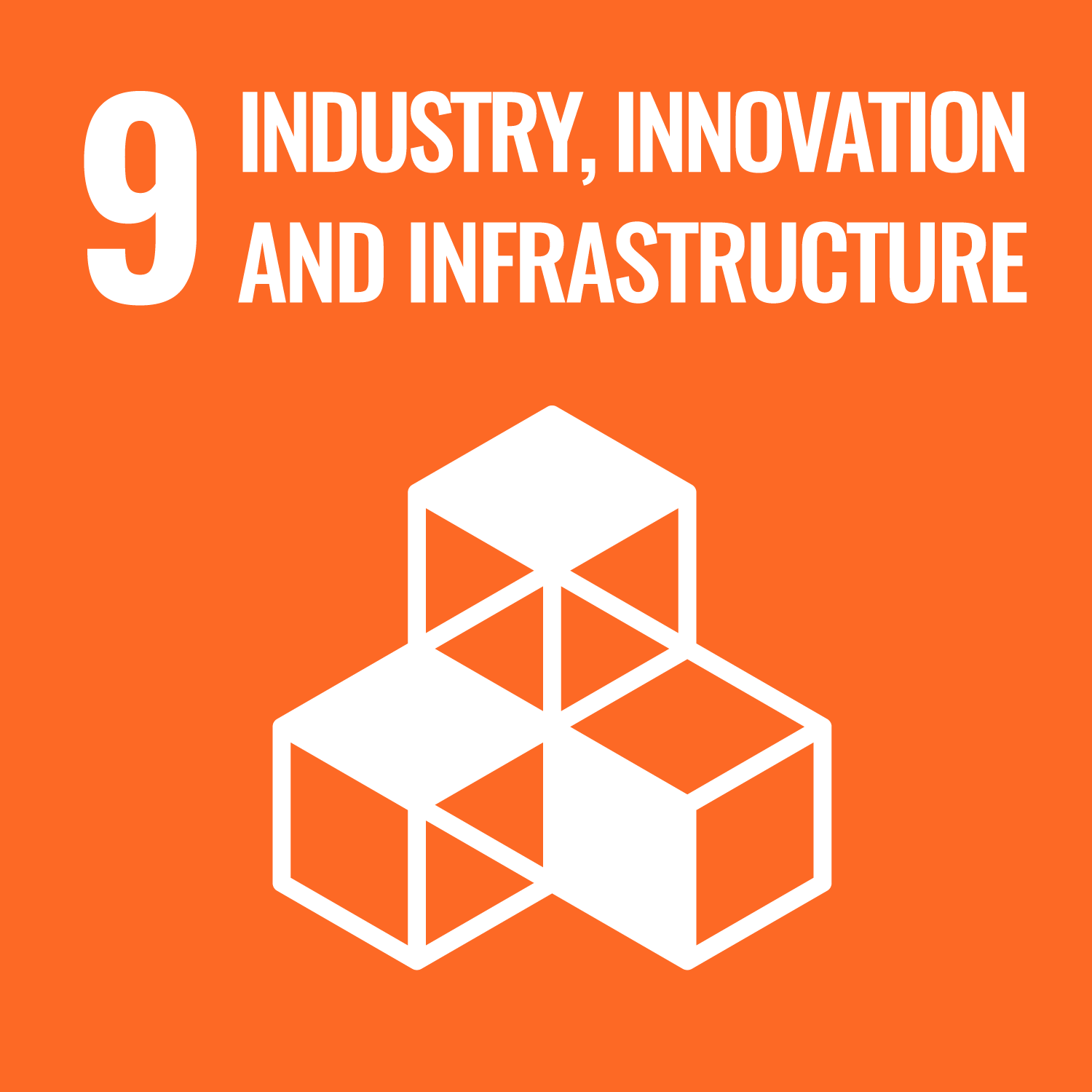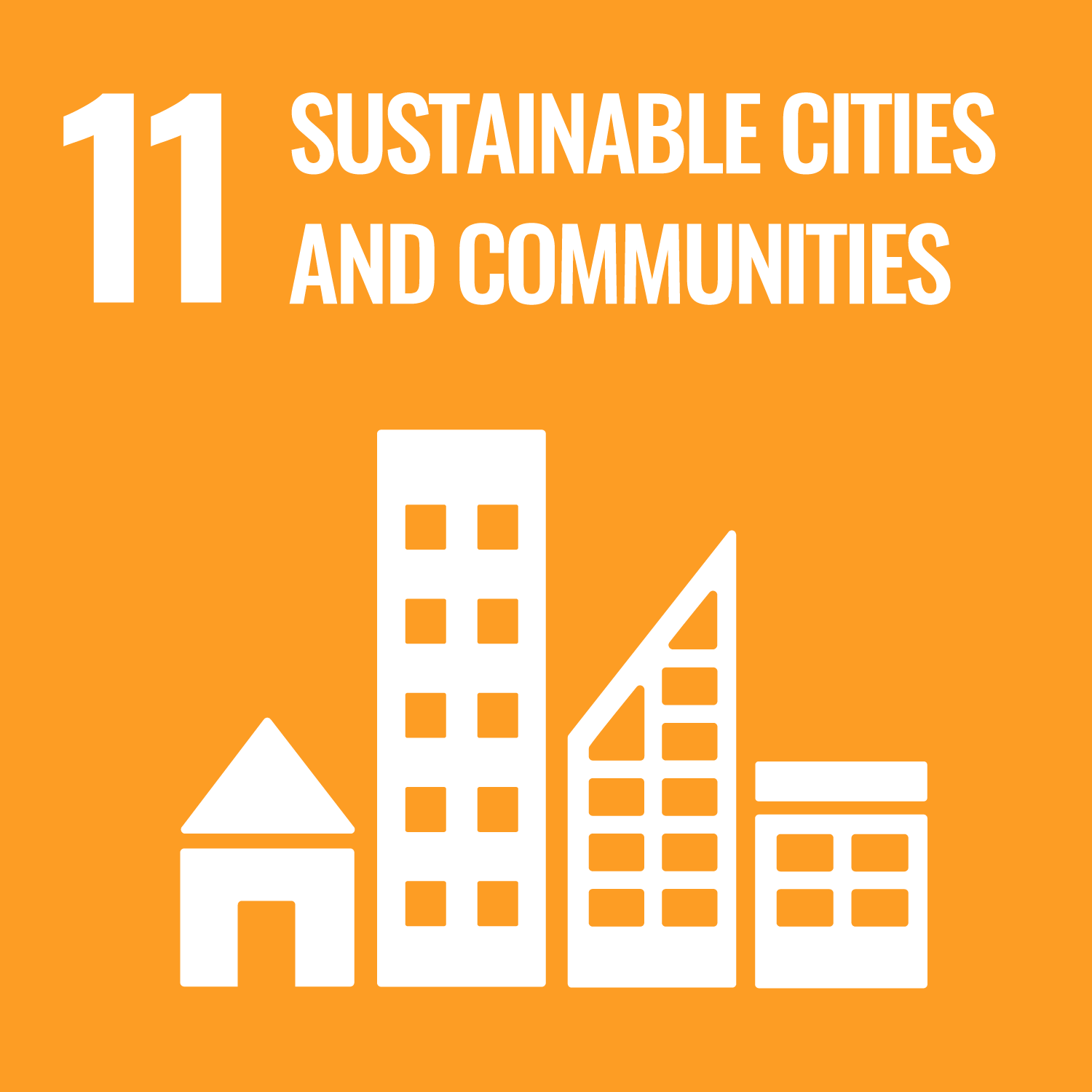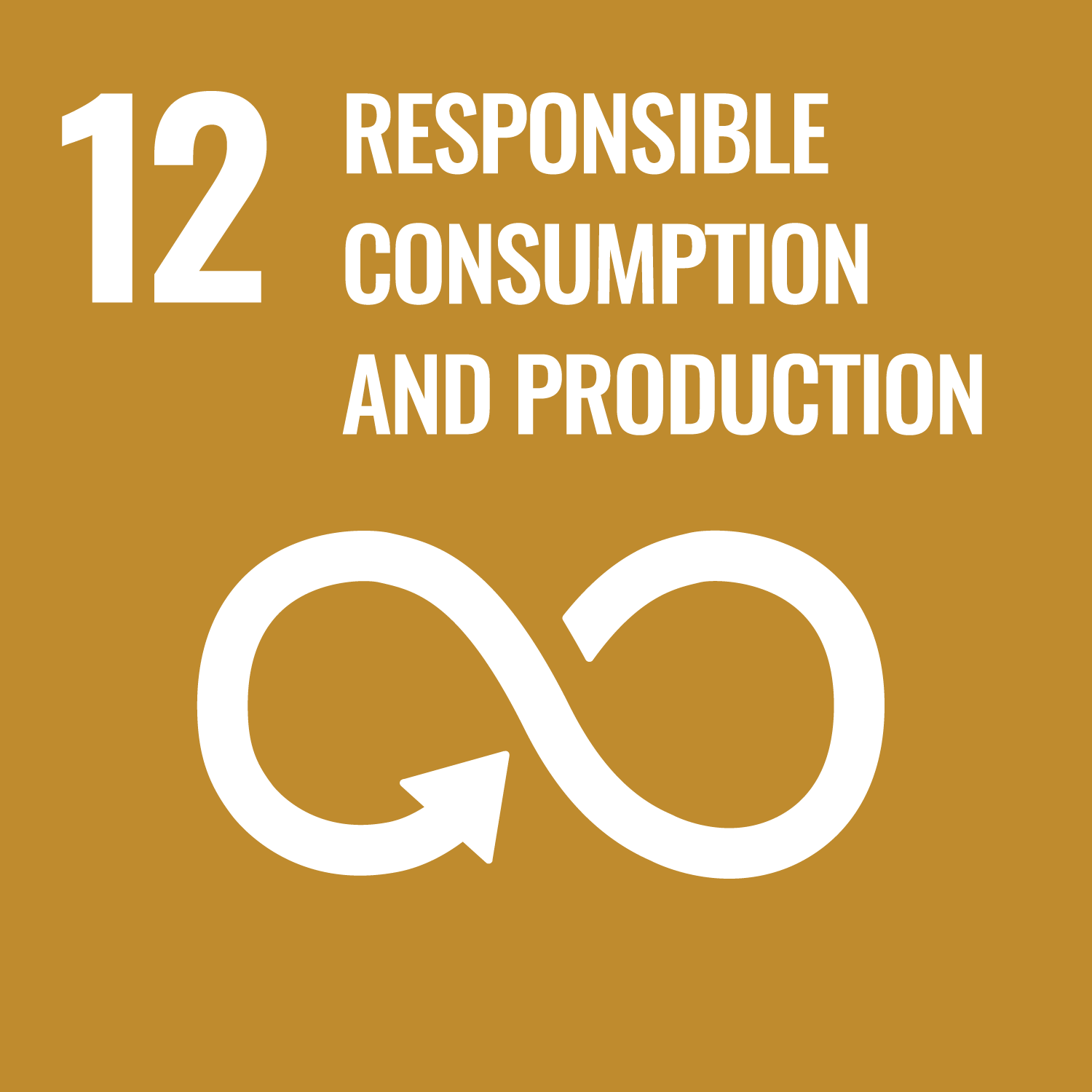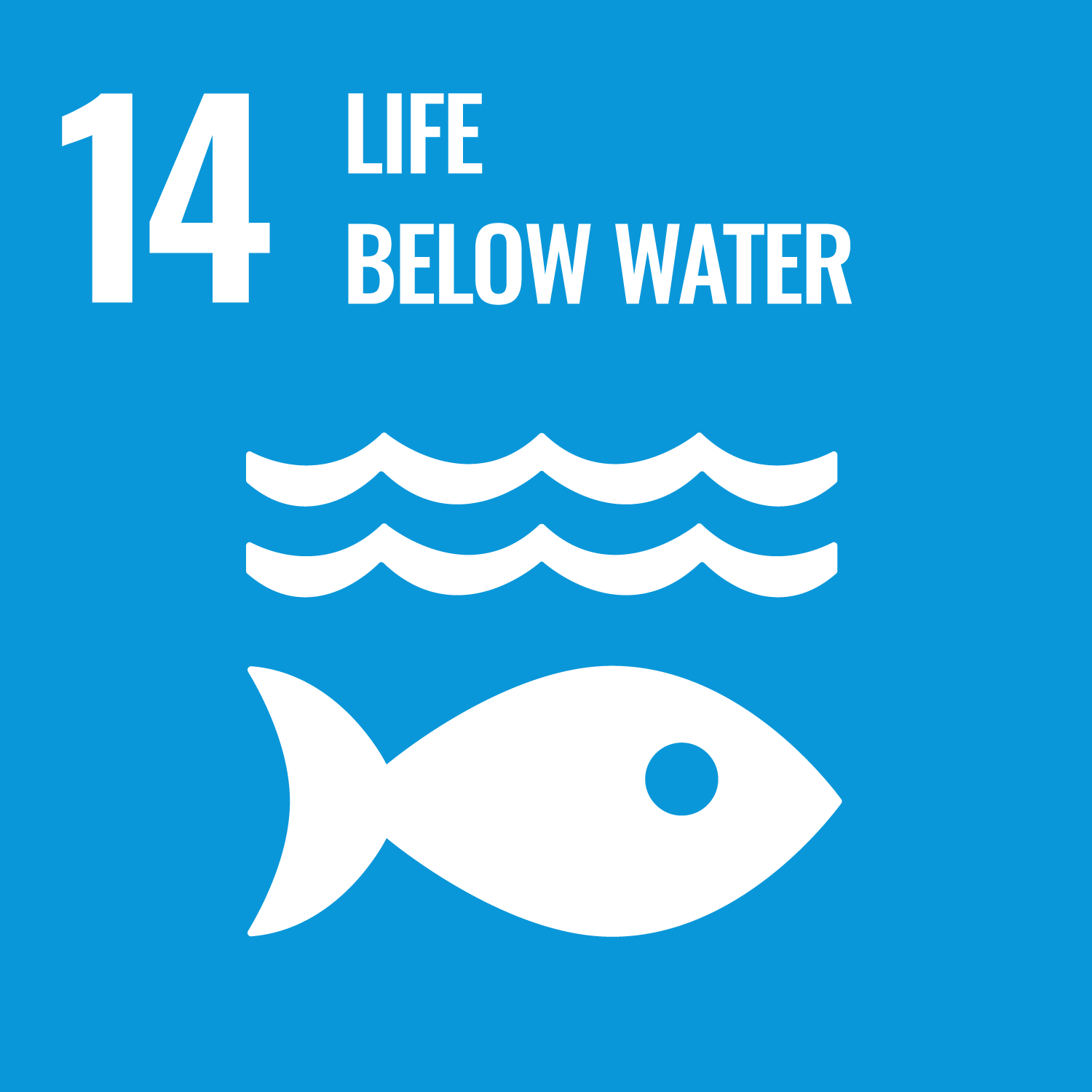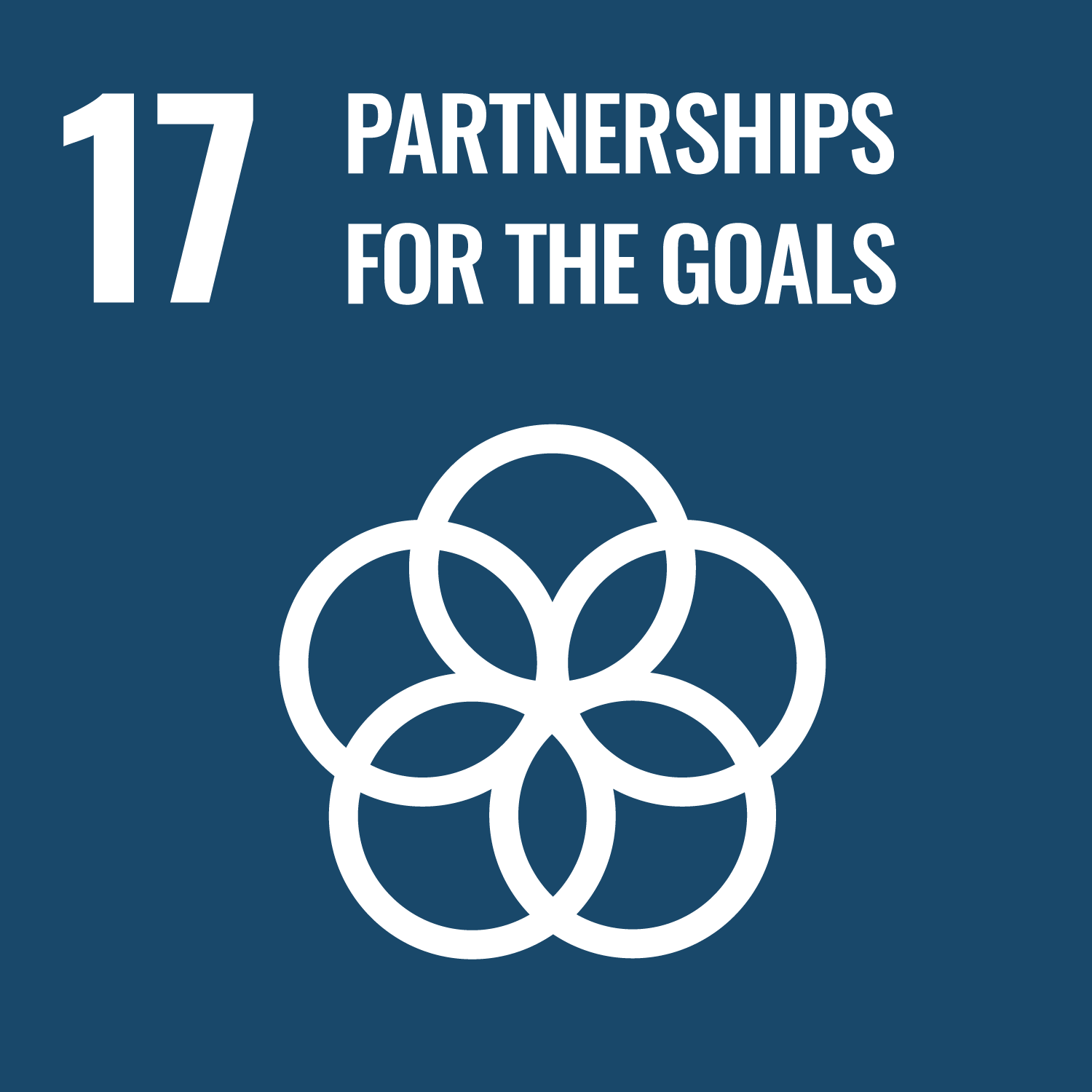Attempting to unify standards and improve the quality of global ocean observing data using machine learning
Graduate School of Science and Engineering (Engineering) Information Science and Biomedical Engineering Program Professor
ONO Satoshi
Background and objectives of activities
The Global Ocean Observation System has been in operation since 2000 under the International Argo Program, in which more than 3,700 Argo floats observe the interior of the ocean in real time. In this system, part of the quality control of observation data is performed manually by quality control technicians from various organizations in each country based on their individual knowledge. However, in practice, it is difficult to secure engineers in some countries, and the solution of the spatiotemporal inhomogeneity of data accuracy and inefficiency of quality control has become an issue. In this study, we challenge to automate and improve the efficiency of the quality control system for the huge amount of in-situ water temperature and salinity measurement data using Argo floats.
Summary of Activities
The proposed quality control system automatically performs error detection, error flag (sign) determination and correction with the same accuracy as an expert engineer by building a generalized model using machine learning. This improves the efficiency of visual error detection and manual correction of Argo data by quality control engineers. This will enable uniform data quality on a global scale.
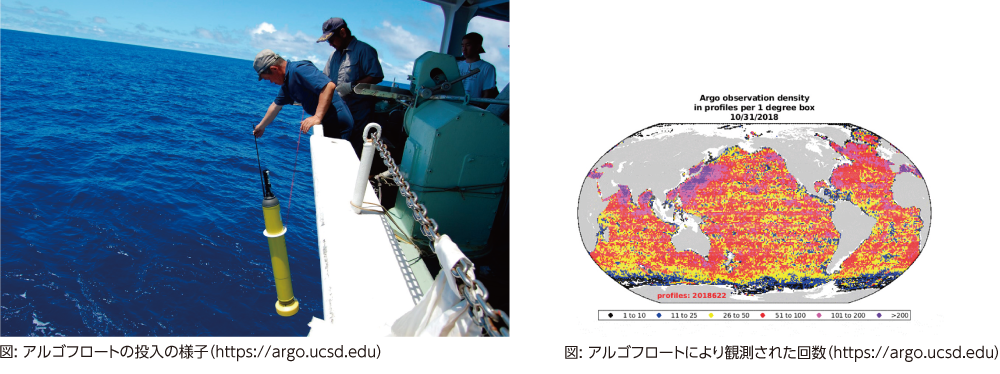
Expected Benefits
This research is expected to improve the accuracy of climate change prediction by releasing the high-quality data that will be generated through this research.



